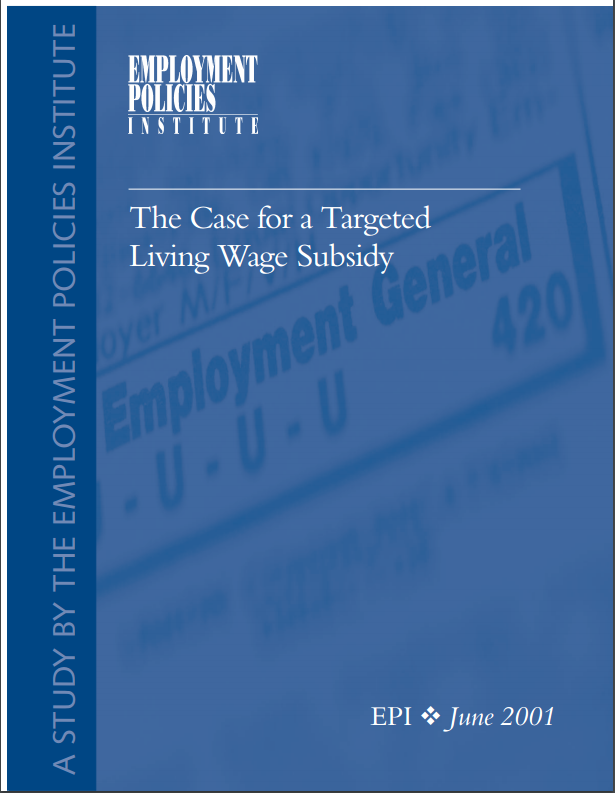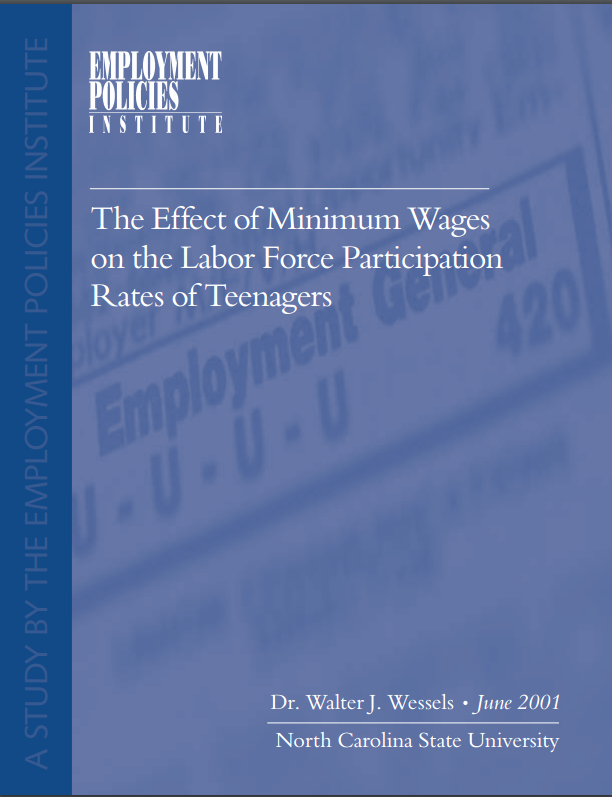Measuring Temporary Labor Outsourcing in U.S. Manufacturing
December 2001
The growth in temporary help supply (THS) employees is one aspect of the recent general trend toward flexible, market-based work arrangements. Such employees are on the payroll of temporary help agencies but they actually work in other sectors of the economy, e.g., manufacturing.
There are several reasons for the growth in such flexible work arrangements. First, by reducing the cost and risk of hiring,…






